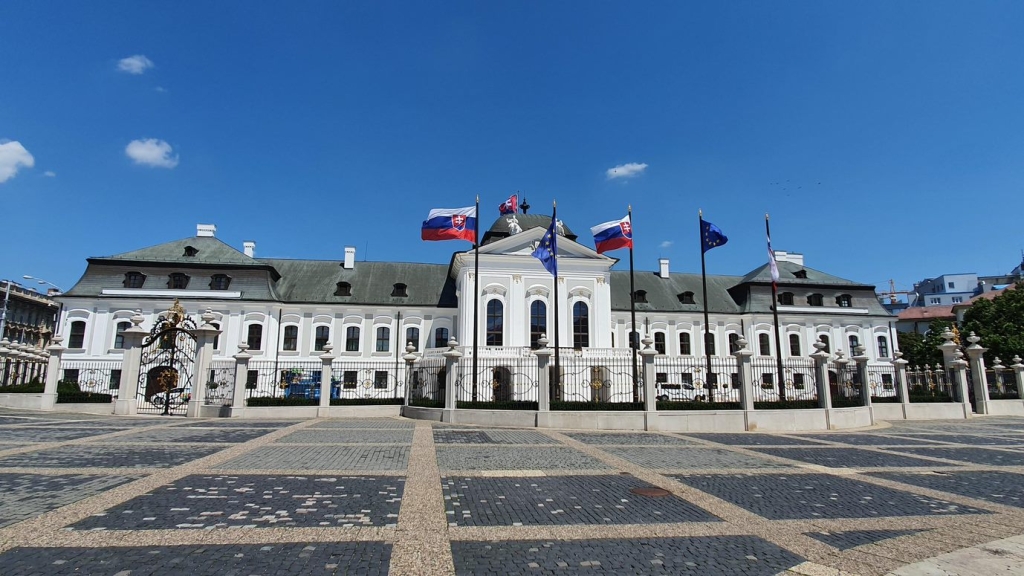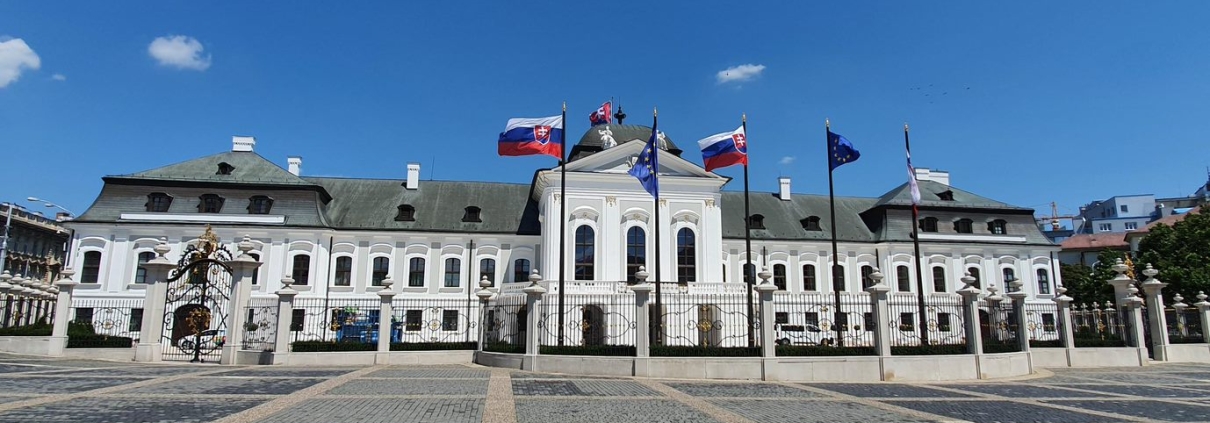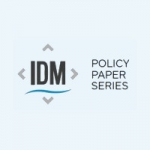In the Eye of the Storm: Political Turmoil in Slovakia

On 15 December 2022, the Slovak parliament voted on a motion of no confidence for the government led by Eduard Heger of the Ordinary People and Independent Personalities (OĽaNO). Even though there is no clear answer yet what exactly will happen next, it is very likely that the next parliamentary elections, scheduled originally for February-March 2024, will happen one year earlier. Whether the voters cast their ballot earlier or as originally planned, Slovakia awaits a period of political instability as the political parties will strive to quickly end it. Despite turbulence on national scene, is very likely that Bratislava will continue its European and pro-Atlantic orientation. Finally, Slovakia, next to Estonia, Poland, Ukraine and Belarus will be the fifth country in Central and Eastern Europe to hold parliamentary election in 2023.
Background
The fall of the government in Slovakia has been in the making for some time already. Struggling with multiple crises and persistent domestic political instability connected to the consequences of the Covid-19 pandemic and the war in Ukraine, the outgoing government had a hard time fulfilling its electoral promises to settle accounts after the long-standing rule of the left and to clean up state institutions. One can say that the conflicts within the coalition (especially between head of OL’aNO and the Freedom and Solidarity Party, SaS) characterised the entire period of government. The tensions reached their peak after the decision of then Prime Minister Igor Matovič (OĽaNO) to purchase Russian Sputnik V coronavirus vaccines. The political reshuffle in March 2021, when PM Matovič was consequently forced to step down as the prime minister (to become the minister of finance), did not help to save the government in the long term. The loss of majority and the formation of a minority government in September 2022 (after the ministers from the SaS party left the government after Matovič’s refusal to leave the government) was the beginning of the end of the OL’aNO-led government.
The motion of no-confidence was pulled by MPs from two opposition parties, the liberal (SaS) and the HLAS-SD (Voice) – the Social Democracy party. In the end, 78 out of 102 present MPs voted in favour. The outgoing government leaves the unapproved state budget for 2023 (which was supposed to be the cornerstone for the much-needed financial assistance to families and companies during the ongoing energy crisis), the underfunded healthcare system and the management of migration waves. All of these represent huge challenges for the new government.
The future paths of political instability
There are three possible future scenarios. First, the government remains in office until regular elections in 2024 (the least likely as these caretaker governments have limited powers). Second, President Čaputová entrusts the formation of a caretaker government to another politician or expert (not likely but technically possible). Third, snap elections take place in the first half of 2023 (most probable). For the last scenario to happen, it would be necessary to pass the amendments to the constitution first, which could be decided simultaneously with a referendum on amending the constitution that is scheduled for 21 January 2023.
The president, the speaker of the parliament, and the opposition (i.e. social democratic parties HLAS-SD (led by Peter Pellegrini) and SMER-SD (led by Robert Fico)) are the most in favour of snap elections (to happen between April and June 2023). It is exactly these two parties from the opposition that lead the current opinion polls with estimated support of around 20 and 16 percent respectively. In short, as of today, the chances of victory for the social democrats, who were in power before OĽaNO, are high. However, if HLAS-SD would want to form a coalition with SMER-SD, it would have to find two other coalition partners, which would again make the eventual formation and governance much more difficult.
What kind of foreign policy under a new(old) government?
Slovakia, after the outbreak of war in Ukraine, has been among the most vocal supporters of Kyiv. It has done so by providing military and humanitarian aid to Kyiv, and by hosting Ukrainian refugees at home. The President of Slovakia was also involved in the promotion of Ukraine’s bid for the EU among EU Member States. Bratislava also approved the presence of NATO soldiers in Slovakia, in a framework of enhanced forward presence. In short, since the outbreak of the war in Ukraine, Slovakia opted for altering its policy of avoiding antagonising Russia. Many fear that a victory for the Social Democrats may change this course.
According to Eurobarometer, a public opinion poll conducted in the autumn of this year revealed that only every second Slovak supports the actions the European Union is undertaking in the framework of aid to Ukraine. It is the rather negative perception of Ukrainian support that will be fertile ground for Fico’s SMER-SD party, which has already expressed itself many times in a very critical manner towards both Matovič’s and the EU’s support for Ukraine. The Slovaks have traditionally, among EU Member States, had one of the friendliest attitudes towards both Russia and the Kremlin’s policy. For example, 37% of respondents see Russia as one of Slovakia most important strategic partners, and according to the latest edition of GLOBSEC Trends 2022 Slovaks are also one of the most vulnerable countries to conspiracy theories in the region, with 54% subscribing to them, according to the same study. This anti-EU, Russia-friendly stance, in the event of a victory for the Social Democrats, could mean regional convergence with the EU-conflicting foreign policy line followed by the Hungarian party FIDESZ, which has long been in dispute with the EU regarding its position on the war in Ukraine.
Even though there may be some changes in priorities and approaches, in general we should not expect major changes in Slovakia’s foreign and EU policy. Most likely, to avoid contradictions among Slovakia’s political forces, Bratislava will continue with its tradition of signing a joint statement on foreign policy at the beginning of new term between the president, the prime minister and the speaker of parliament, emphasising that the EU and NATO membership is the best path for a successful and prosperous country. In short, despite political turmoil and a threat of pro-Russian politicians coming to power next year, it is very likely that Slovakia will continue to be a constructive, predictable and reliable partner both in the European Union and on the global stage.
Authors:
Kinga Brudzińska
Daniel Martínek



